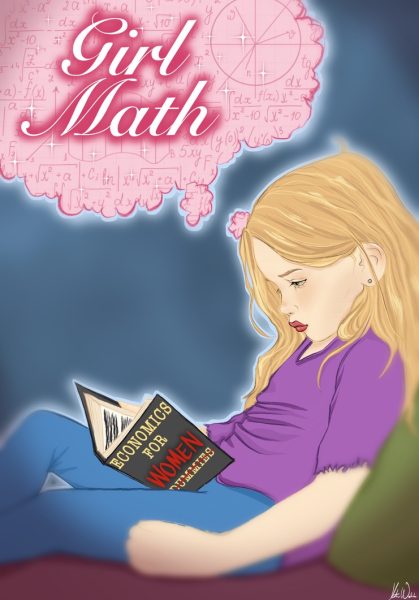Fascinating First-Sentence Advice
October 3, 2018
It’s October and I’m a senior; you know where I’m going.
If you are like me, desperately trying to polish that last application supplement for University X and College Y, you understand how quickly the pressure can turn your enthusiasm into apathy.
The Word document in which I keep my college application information organized is over 5000 words, and I can’t remember what half of them even mean at this point. College counselors tell me to articulate what I’m passionate about, but there are only so many times I can write the words “I learned, I believe, I was challenged…”
What helps me the most, I’ve found, is to write that 1st sentence in the most engaging way possible, then spend the rest of the essay explaining it. Not only does it force me into organizing my essay and truly investing myself in the words, but it may also help me stand out among the thousands of other applicants out there.
Just like I’ve learned to do in journalism, the 1st sentence, what we call the “lead”, is supposed to draw people in and set the tone for rest of the work. Professional writers do the same thing: Albert Camus’ “Today, Maman died.” or Ray Bradbury’s “It was a pleasure to burn.” are 2 great examples.
My personal favorite, however, comes from the Bulwer Lytton Fiction Contest, a championship of sorts to write the most “atrocious opening sentence to a hypothetical bad novel.”
The 2018 winner was a 17-year-old San Jose resident with this awe-inspiring sentence: “Cassie smiled as she clenched John’s hand on the edge of an abandoned pier while the sun set gracefully over the water, and as the final rays of light disappeared into a star-filled sky she knew that there was only one thing left to do to finish off this wonderful evening, which was to throw his severed appendage into the ocean’s depths so it could never be found again — and maybe get some custard after.”
With a sentence like that, it’s practically impossible not to be intrigued. Even now I want to write the story behind it because I have so many questions, like “Who is John? Why does Cassie have his severed hand? Was the custard any good?”
The same principle should help you write a persuasive college essay. Remember: you’re selling yourself, and to make an essay personal and engaging, start with something that, above all, intrigues you. Even if you think you don’t have anything interesting to write about, trust me, you do. Everyone has a unique perspective, the problem is simply how to express it.
And don’t feel like you have to limit this idea to just college apps, either. My freshman, sophomore, and junior peers should know that it works for all kinds of writing. Set your work apart from the other hundred essays your English teacher grades, and they’ll remember you.



